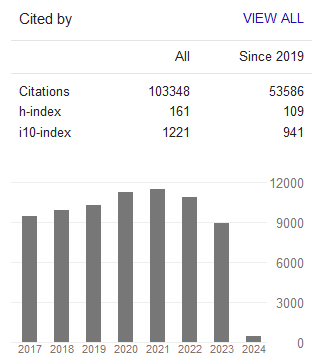The CSFs, Quality Governance, BPR Performance and Gaining Competitive Advantage
- Mahmoud Masumi
Abstract
Business process reengineering (BPR) is a popular management approach, which enables organizations to conduct substantial business and technological improvements. Successful implementation of BPR can assist organizations to change their old-fashioned practices into innovative processes through reorganizing and eliminating some processes and/or finding innovative ways to conduct business activities. Studies have shown, successful BPR implementation can. 1) create higher customer satisfaction, 2) increase productivity, 3) build higher flexibility in business processes, 4) improve organizational integrity which shall lead to sustainable competitive advantage for the firm. However, findings by different researches illustrate that up to 70% of BPR’s failures are at implementation stage due to lack of understanding of involved factors by different levels of management in an organization.
This paper has exclusively developed the model, which can address the role of different factors in theimplementation of Business Process Reengineering (BPR) performance and the ultimate outcome as competitiveadvantage. In addition, this research studies the influence of company size and business type as a moderator inthe relationship between independent variables of study and BPR performance. The proposed model here aimsto help planners in identifying a set of critical processes that are aligned with the firm’s strategic performanceand then become candidate processes for further implementation.
- Full Text:
 PDF
PDF
- DOI:10.5539/ijbm.v8n24p48
Journal Metrics
Google-based Impact Factor (2023): 0.86
h-index(2023): 152
i10-index(2023): 1168

Index
- Academic Journals Database
- AIDEA list (Italian Academy of Business Administration)
- ANVUR (Italian National Agency for the Evaluation of Universities and Research Institutes)
- Berkeley Library
- CNKI Scholar
- COPAC
- EBSCOhost
- Electronic Journals Library
- Elektronische Zeitschriftenbibliothek (EZB)
- EuroPub Database
- Excellence in Research for Australia (ERA)
- Genamics JournalSeek
- GETIT@YALE (Yale University Library)
- IBZ Online
- JournalTOCs
- Library and Archives Canada
- LOCKSS
- MIAR
- National Library of Australia
- Norwegian Centre for Research Data (NSD)
- PKP Open Archives Harvester
- Publons
- Qualis/CAPES
- RePEc
- ROAD
- Scilit
- SHERPA/RoMEO
- Standard Periodical Directory
- Universe Digital Library
- UoS Library
- WorldCat
- ZBW-German National Library of Economics
Contact
- Stephen LeeEditorial Assistant
- ijbm@ccsenet.org
